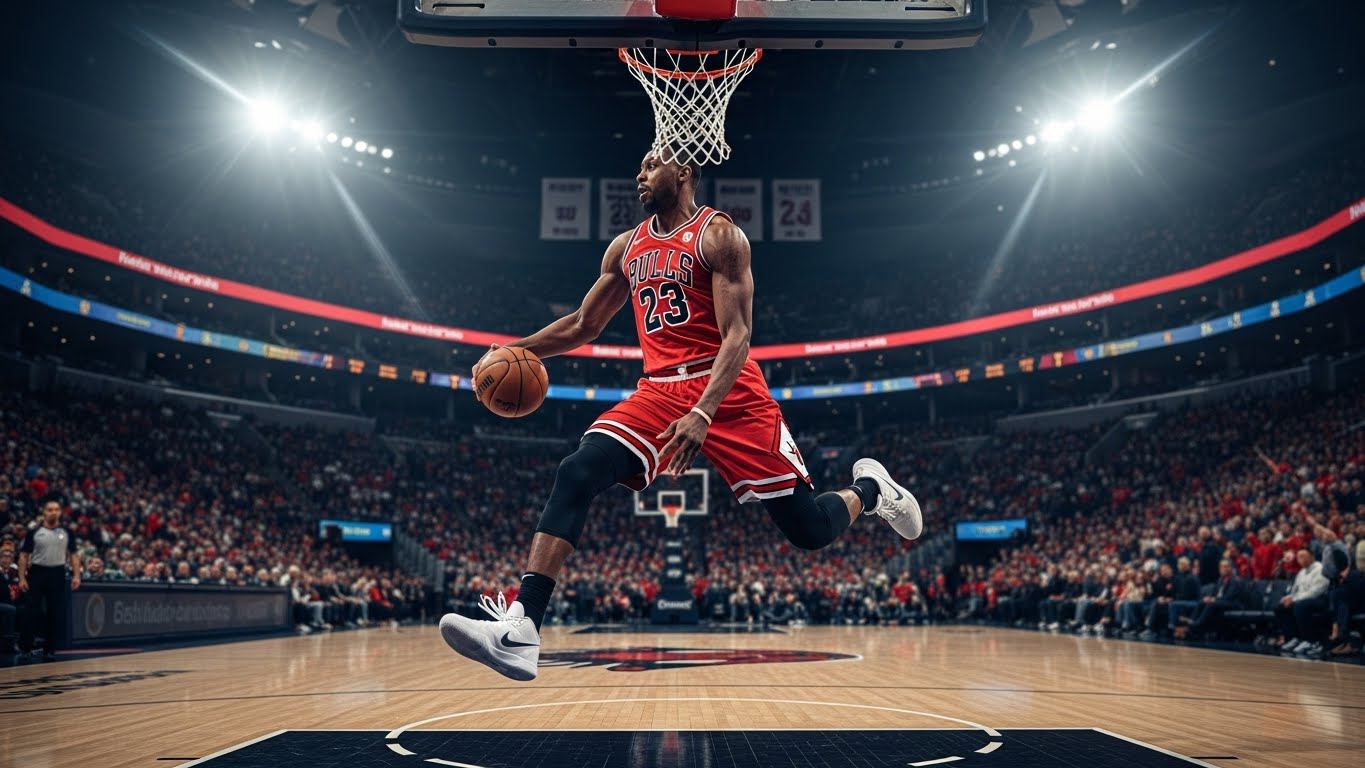Sports have always held a unique position in human culture. They have the remarkable ability to unify people, transcend language barriers, and foster a sense of shared purpose and achievement. Whether it’s the roar of a crowd at a football match, the quiet concentration of an athlete on the field, or the camaraderie formed between teammates, sports offer much more than just entertainment. They offer valuable life lessons, cultural connections, and an opportunity to build character.
In this blog post, we will explore the multifaceted nature of sports — their impact on individuals, communities, and societies as a whole. From physical benefits to the emotional and psychological gains, sports have proven time and time again that they are more than just a game.
The Physical Benefits: Fitness and Well-being
At the most basic level, sports improve physical health. From professional athletes to weekend warriors, engaging in sports activities is one of the best ways to stay fit, reduce the risk of chronic diseases, and improve overall physical well-being. Activities such as running, swimming, and cycling enhance cardiovascular health, strengthen muscles, and improve flexibility.
Even sports like tennis or basketball, which may seem high-impact or intense, are often beneficial to joint health and can help individuals maintain a healthy weight. These physical advantages extend far beyond the field; they carry over into daily life by increasing energy levels, improving posture, and reducing stress.
Psychological Benefits: Building Confidence and Mental Resilience
While the physical benefits of sports are often the most apparent, the psychological gains are equally profound. Engaging in sports can significantly boost an individual’s self-confidence, instilling a sense of accomplishment as athletes see improvements in their skills or achieve goals.
Moreover, sports offer a platform for learning how to cope with challenges. Whether it’s overcoming a tough opponent or bouncing back from a loss, athletes develop resilience and problem-solving skills that can be applied in many aspects of life. The mental toughness honed through sports can lead to better stress management and improved mental health.
Teamwork and Social Bonds: The Power of Community
One of the most striking aspects of sports is their ability to bring people together. From a social perspective, participating in team sports teaches valuable lessons in teamwork, communication, and leadership. These interpersonal skills are essential not just in sports but also in professional and personal relationships.
Whether you’re playing soccer with friends or competing in a relay race, the sense of working toward a common goal fosters camaraderie and mutual support. These social interactions, in turn, build communities and create lasting friendships. The sense of belonging that comes with being part of a team or fan base is incredibly powerful and can help alleviate feelings of loneliness or isolation.
Cultural Impact: A Global Language of Unity
Sports have a unique ability to transcend national borders, language barriers, and cultural differences. They are a universal language, spoken in every corner of the globe. No matter where you go, you will find people who share a passion for a particular sport, whether it’s soccer in Europe, cricket in India, or basketball in the U.S.
International sporting events like the Olympics or the FIFA World Cup bring countries together in a celebration of athleticism and national pride. They offer a chance for people from different backgrounds to engage with each other, build mutual respect, and foster global unity. These events remind us that, despite our differences, we are all bound by our shared humanity and love for the game.
Personal Growth: Discipline, Goal-setting, and Leadership
The skills learned through sports often extend far beyond the playing field. Athletes are taught the importance of discipline, time management, and goal-setting. Whether it’s adhering to a rigorous training schedule or working toward a personal best, sports demand a high level of commitment and perseverance. These qualities are invaluable in all areas of life, from academics to careers to personal relationships.
Additionally, sports provide an avenue for developing leadership skills. Whether one is captain of a team or simply playing a supportive role, sports encourage individuals to step up, take responsibility, and inspire others. The ability to lead, motivate, and guide a group of people is a critical skill that translates into many different aspects of life, particularly in professional environments.
Conclusion: Sports as a Pathway to a Better World
In the end, sports are more than just a pastime. They shape individuals into better versions of themselves, teach invaluable life lessons, and foster a sense of global community. Whether you’re an athlete striving for success or a fan enjoying the action from the sidelines, the impact of sports is undeniable.
By promoting physical health, mental resilience, social bonds, and personal growth, sports continue to be a powerful force for good in the world. They remind us that, no matter where we come from or what our background may be, we all have the potential to achieve greatness — on and off the field.
So, next time you lace up your sneakers or watch a game on TV, remember that sports are not just about winning or losing. They are about the journey, the lessons learned, and the people we meet along the way.



